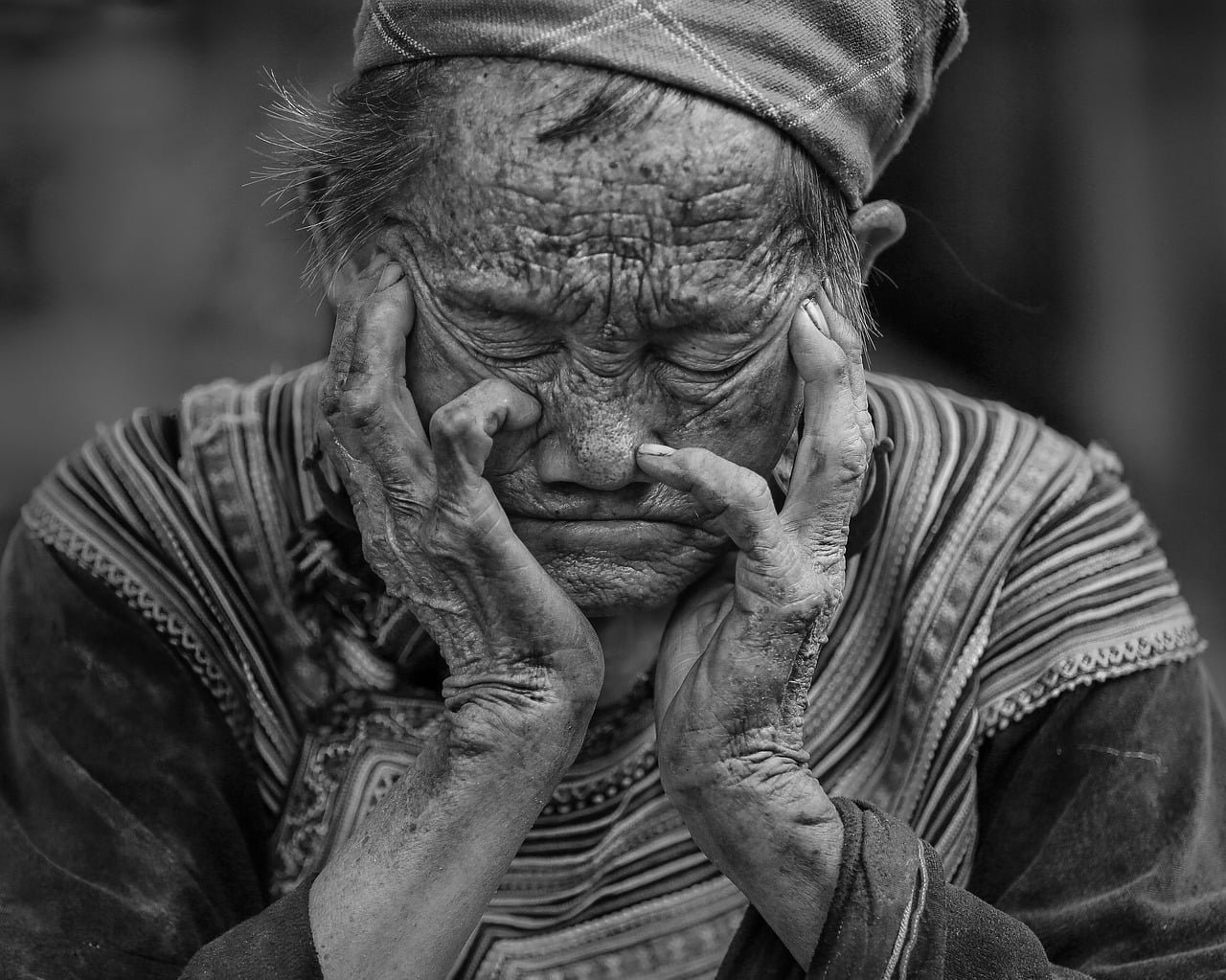We live in an era where stories about bodies – in/visible bodies, glamorous bodies, engineered bodies, trafficked bodies, dismembered bodies, persecuted bodies – are omnipresent. While bodies are literally made of flesh and blood, our understanding of bodies is constructed through fictional and non-fictional stories that shape perceptions of what constitutes the body, how a body should look, how a body should behave, how a body should experience the world and how bodies should interact with each other. By creating these types of norms, stories also shape perceptions of what constitutes deviant, non-normative and otherwise undesirable bodies. Telling stories about the body is therefore an act loaded with ideological, political, sociological, theological, ontological and aesthetic implications.
At the same time, notions of the body have also had a significant impact on the stories cultures have created and passed down through generations. Suffering bodies are central to the foundational narratives of various religious, cultural and political traditions. Genres have emerged with stories about monstrous bodies, sexual and erotic bodies, bodies at war, modified bodies, bodies coming of age and ageing, bodies being tested by nature, bodies enhanced by (bio)technology, politicised bodies and so forth.
At a time when the socio-political landscape is dominated by the construction of barriers among the population based on race, nationality, gender, sexual orientation and class, it is more important than ever to consider how stories about bodies and perceptions of bodies shaped by stories not only foster division and difference, but also inspire cohesion and belonging. Stories help to create tangible and intangible barriers and borders between human beings. At the same time, stories can also foster awareness and compassion for our common humanity in order to transcend borders and overcome barriers. Some barriers are more personal, and therefore less obvious, because they take the form of a physical or psychological issue that somehow limits an individual’s capacity to participate in their community and/or to achieve their full potential.
Activities
Conferences
2nd Global Storytelling Conference
Friday 12th March 2021 – Saturday 13th March 2021
Lisbon, Portugal
Call for papers, presentations and participation now active.

